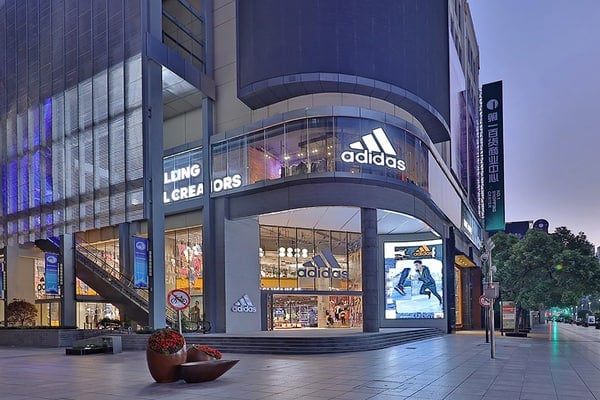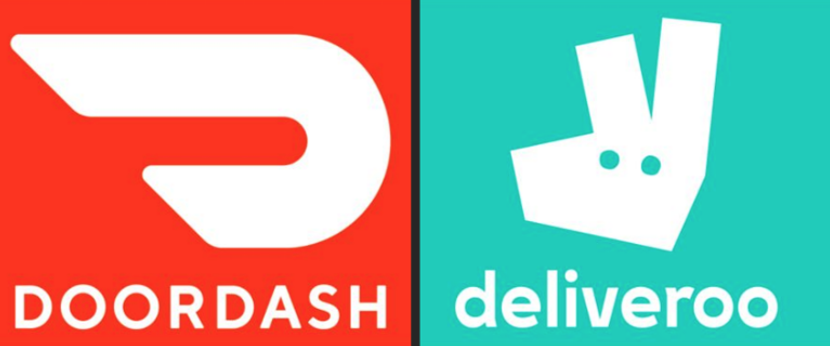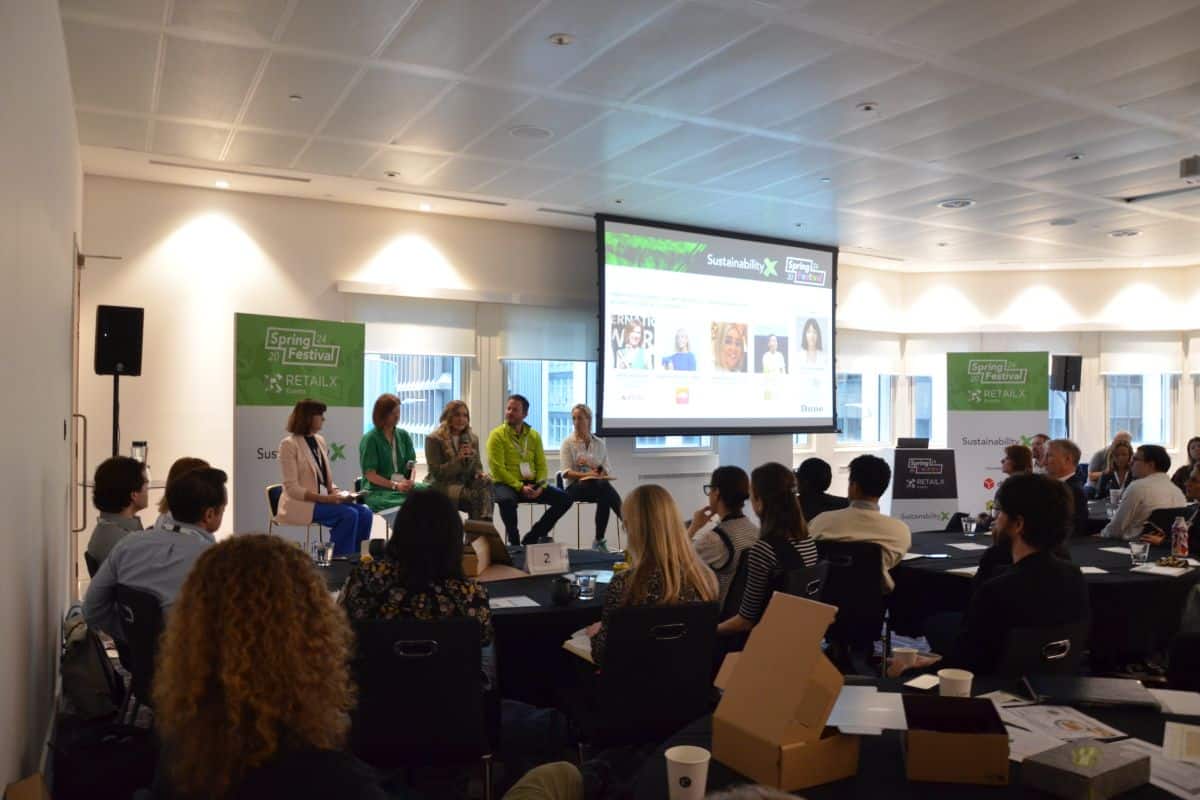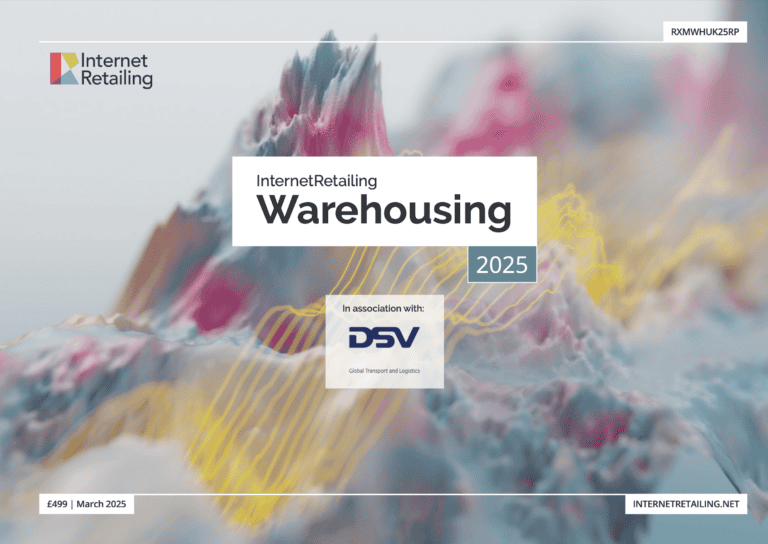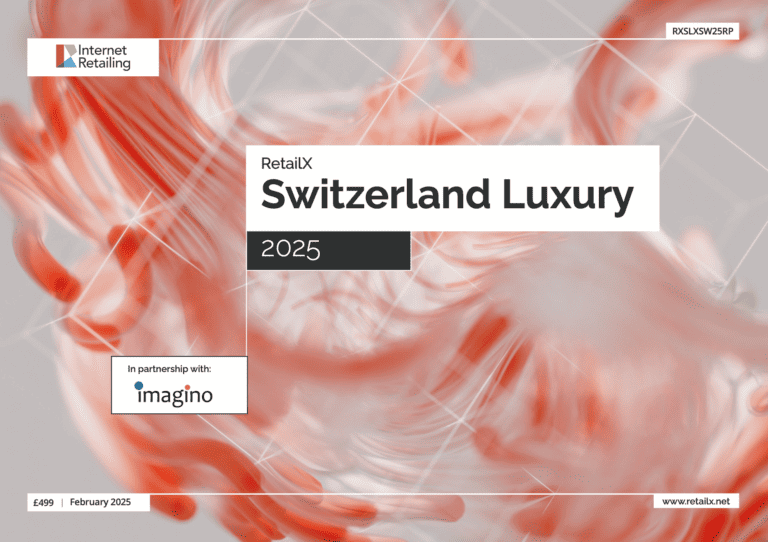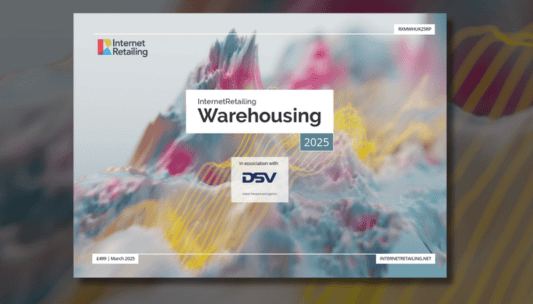Adidas says customer demand was strong in its western markets in the first quarter of the year – but supply chain issues stemming from Covid-19 lockdowns in its eastern markets, where products are both made and sold – have held it back. The sportswear brand cited lockdowns last year in Vietnam, where it makes its clothing, and continuing lockdowns in Greater China and the Asia-Pacific region.
As a result of supply shortages Adidas prioritised its own direct to consumer sales, which grew by 1% on last year, when sales had risen by 33% on the previous year. Its own digital sales grew by 2% year-on-year – and were 50% up on 2020.
The update comes as Adidas reports net sales of €5.3bn (£4.5bn) in the first quarter of its financial year to March 31 – 0.6% ahead of the same time last year. EMEA remains Germany-based Adidas’ largest market, with sales of €1.9bn (+9.3%/£1.6bn) – despite being the region most affected by supply shortages – followed by North America (+21.2% to €1.4bn/£1.2bn). Sales fell by more than a quarter in Greater China (-28.4% to €1bn/£0.9bn) and in the Asia Pacific region (-16% to €506m/£433m). The strongest growth was in Latin America (+41.2% to £419m/£358.9m). Sales were down by 3% when currency fluctuations were excluded.
Pre-tax income of €411m (£352m) was 38.5% down on last year.
“In the first quarter, consumer demand for our brand and products was strong in all Western markets. Our combined sales in North America, EMEA and Latin America grew at a double- digit rate. Backed by an exceptionally strong wholesale order book and relentless focus on driving growth in our own DTC channels, we expect this positive development to continue for the rest of the year,” says Adidas chief executive Kasper Rorsted.
“In the East, we will return to growth in Asia-Pacific in the second quarter, while we expect the challenging market environment in Greater China to continue. With strong double-digit growth in the vast majority of our markets, representing more than 80% of our business, we are well positioned for success in 2022.”
Rorsted adds: “In this environment, characterised by severe external challenges, it is imperative to stay focused on our strategic objectives. While we will remain agile, we will not jeopardise our long-term growth opportunity for short-term profit optimisation. We will continue to invest into our brand and partnerships, into our DTC business and digital capabilities to support top-line acceleration and market share gains in our growth markets in 2022.”
Brand strategies
Yesterday the brand announced a partnership with retailer Foot Locker, now the lead partner for Adidas in the basketball category, that will target retail sales of more than $2bn by 2025. Rorsted says: “We are delighted to be deepening our partnership with Foot Locker as we continue to execute our ‘Own the Game’ strategy. Consumers will be at the heart of this exciting collaboration and will be able to experience the adidas brand and its key product franchises, as well as new product innovations, at Foot Locker, stronger than ever before.”
Richard A Johnson, chairman and chief executive of Foot Locker, says: “This close partnership will enable us to bring consumers even more unique, pinnacle products from iconic brands, as well as accelerate our push into apparel, adding new dimension to our assortment and bringing more customers into our ecosystem.”
Commenting on today’s figures, Darcey Jupp, apparel analyst at data and analytics business GlobalData, says: “One success for Adidas is its push to increase direct-to-consumer (DTC) sales, and while its DTC channel saw seen a meagre 1% currency-neutral growth this quarter, it outperformed net revenue, and DTC sales were 33% higher versus Q1 FY2020. However, yesterday Adidas announced a long-term partnership with Foot Locker that aims to generate $2bn in global revenue by 2025.
“While this deal seems contradictory to its DTC strategy, the move cleverly takes advantage of the recent news that Nike will terminate its wholesale partnerships with the retailer in its own DTC push. But as footwear has often been Adidas’ stumbling block, the success of this strategy will be reliant on an upheaval of its product range and marketing.”
Adidas is a Top50 retail brand in RXUK Top500 research.
